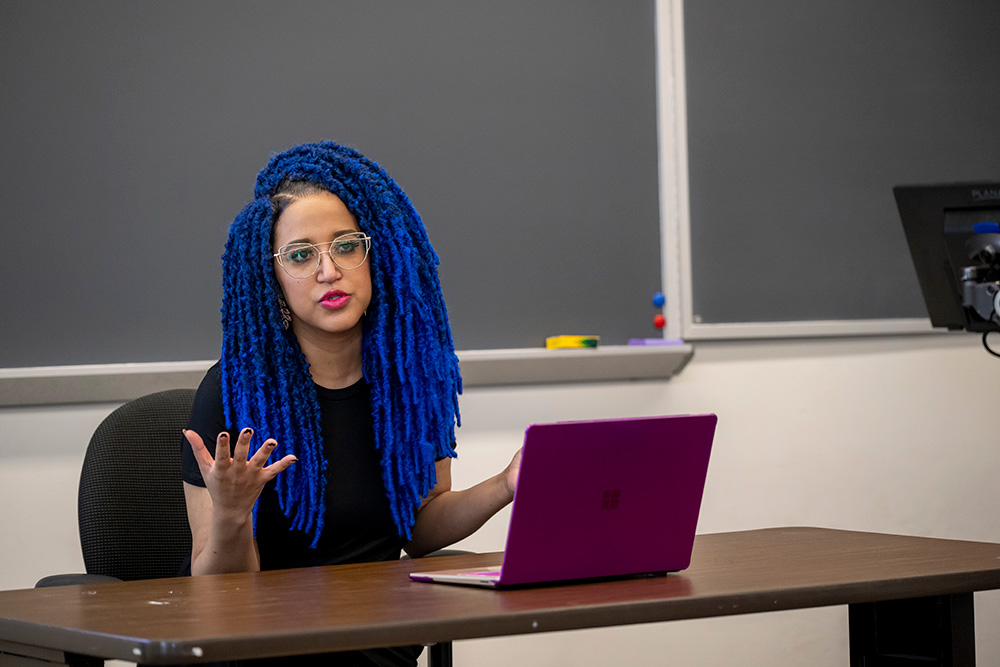Mission Statement

At the center of our work is the close reading of literary works written in English, but in our new curriculum we wish both to strengthen the connection between reading and writing and to examine how storytelling works across a variety of genres (including prose, poetry, drama) and in multiple media (including film, tv, and digital/new media.) While extending our range, we also want to deepen our understanding by making a deliberate effort to include voices from historically underrepresented groups, highlighting literary works from genders, sexualities, races, nationalities, and religions that have been and continue to be marginalized in English studies, and to reveal how literature has worked both to support and to oppose systemic racism, sexism, homophobia, anti-semitism, and ecology-destroying attitudes. We believe that this is a canon-wide, discipline-wide moment of redress, akin to that of the Women’s Studies movement of the 1970s and the Queer Theory movement of the 1990s, and that all English faculty, starting from their own subfields and frames of references, should now work to find the BIPOC or otherwise missing or marginalized voices in their own backyards of knowledge and expertise.

We have therefore reconceptualized our curriculum so that it is shaped around forms and genres and around social justice; that is, we have rewritten our requirements to ensure that students who complete a major or minor in English must study more than one genre of storytelling in a formal way and must also engage the writings and literary cultures of previously marginalized groups as well as more canonical texts and contexts. We believe that this curriculum meets the current needs of our students, who want to learn to write skillfully and beautifully in a variety of genres and across media beyond the printed text, and who also wish, as readers and writers and thinkers, to inhabit and understand a diverse and decolonized world. We believe that this emphasis on literary structure coupled with a mandate to theorize and engage content and perspectives from a variety of cultures in the interest of justice will equip students with both the practical skills and the historical and cultural understanding to read, write, and otherwise grapple with stories in the 21st century.

From Social Justice courses: